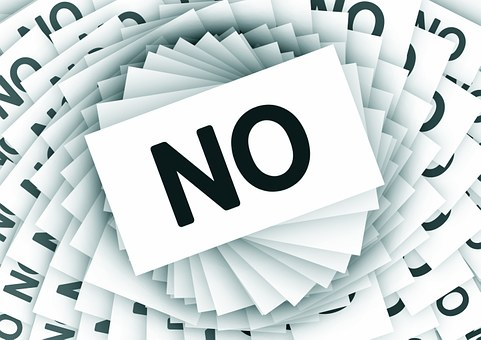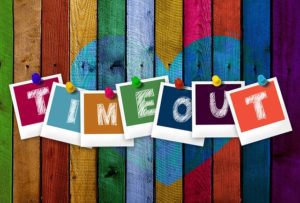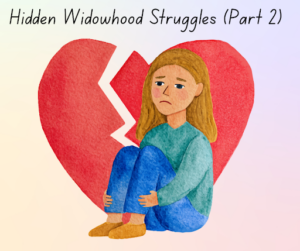When becoming a widow, it is hard to wrap yourself around any thoughts. Just breathing takes effort. Decisions become hard, difficult, beyond your scope. And, during this time, everyone has an opinion about what is right for you. As you have lost your life compass, it becomes easy to let others swirl you around and decide what is best at the moment. Saying yes to whatever becomes easier than fighting or making a decision.
Unfortunately, what others think and hold true for you may not be what is in your best interests. In these instances, not only is it OK for you to say no, it is sometimes important to your overall mental health and your movement forward on your healing journey. Saying no to some of their suggestions and offerings for your life is not only OK, it is healthy and the right thing to do. It’s OK to ignore other people’s advice or listen if it resonates.
How do you do this when your life is in a whirlwind and everything has changed? Take a moment, breathe and then ask yourself:
- What is important to you?
- What makes you feel comfortable?
- What makes you uncomfortable?
- What don’t you want in your life?
We know that this is hard, sometimes beyond difficult. Just saying yes and going with the flow is sometimes so much easier than asserting yourself and asking for what you truly need. Know that not only is it ok to say no, it may be essential to your grieving process for you to be able to let others know when their suggestions do not fit your needs.
Below are some tips on saying no and setting healthy boundaries. It’s OK to Set Boundaries
Healthy boundaries = Saying yes to what you want to and NO to what you don’t want, while mitigating toxic people and environments.
Benefits of Boundaries
- Allows you to love,honor yourself and take care of yourself & others
- Saying no builds self confidence
- Improves greater compassion
- Reduces frustration, anger and negativity
- Increases peace & safety
Consider your life right now – looking through the lens of calendar, energy, travel, and rest included.
- What do you want to say Yes to?
- What do you want to say No to?
Two types of No
Soft no’s –possible yes later & can be easier
- Say no, not now.
- I have to check my calendar.
- Maybe later.
- I’m exhausted, let’s talk in a couple hours/days.
Hard No’s – firm but kind
- No, I need to take care of myself.
- No, I’m setting personal boundaries.
- No, I’ve got other plans. (you don’t need to explain)
- No, I appreciate the invite and offer but I’m not going to make it.
- No, thank you.
- No! – is a complete sentence
When saying no, we often feel like we have to provide an explanation. While this may be useful in some situations, it is not always necessary. As indicated in our list, you can simply say no to anything. You do not always have to provide the why to the person. The why is only important to you and it is up to you if you want to provide that information to the person in question. A simple no should be sufficient and should be accepted. It is OK to just say no and leave it at that.
We understand setting boundaries can be challenging. Here’s an article we wrote that addresses this topic with a checklist: Boundaries in Grief:Struggles and Solutions
Just remember, this is YOUR JOURNEY and, while others may empathize or have opinions, you are the one traveling this path and have the ability and the right to set the direction. Say yes where it is comfortable and no when it is difficult, awkward, unnerving, etc. Always know that it is OK to say no.
Remember – It’s OK. YOU are OK. It’s OK to say No.
And now, dear readers, we have a question for you. As we are making plans for the future direction of our blogs, we are seeking a theme for our blogs for 2023. In 2022, we have focused on what is OK and what is not OK. What would you like to see from us in 2023? Please let us know here.
Please share our site and resources with others in your life who might benefit from our work.
Peace & Blessings,
Jeni & Teresa
PS: For additional support you can download our free copy of 10 Ways to Move Forward After Loss
Torn in Half: The First Days as a resource for the first days after a loss – available on Amazon in paperback and ebook.




